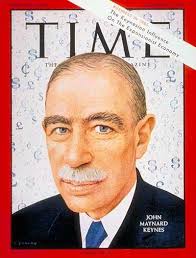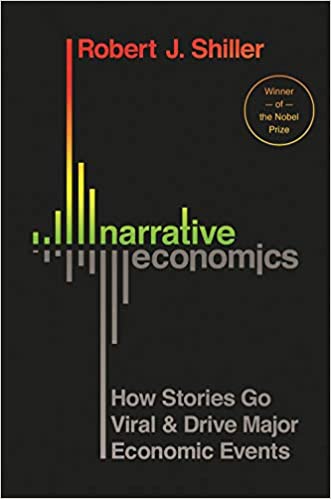Book Review: Rupal Patel and Jack Meaning, ‘Can’t we just print more money – Economics in ten simple questions’, Cornerstone Press, London, May 2022.

Introduction
The Bank of England is the first central bank to carry out the set of functions which are today associated with a central bank. It is not the oldest, an honour which goes to the Riksbank established in 1668. After its establishment in 1694 as an issuer of currency and as a government bank, the Bank of England started adding functions over the years. It was only in the second half of the 19th century, when it became a lender of last resort, that the Bank of England came to be acknowledged and regarded as a central bank. Continue reading “Can’t we just print more money?”
![]()

